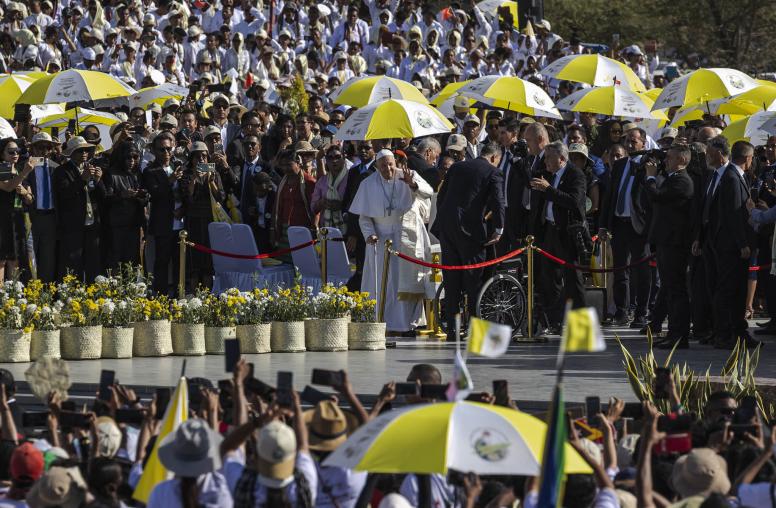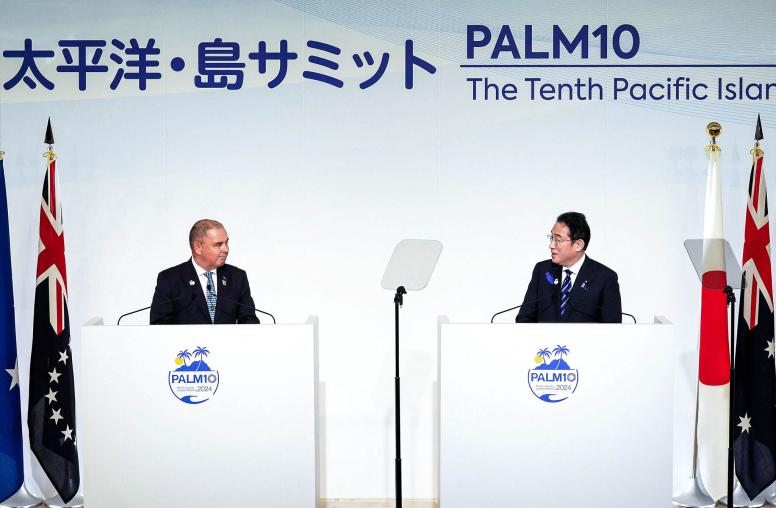A Local Approach to Papua New Guinea’s ‘Wildfires’ of Violence
In Papua New Guinea, two of the most prevalent forms of violence relate to tribal fighting and violence against those accused of sorcery. The situation has become so intense that one researcher has likened their spread to wildfires, and it’s part of the reason Papua New Guinea has been identified as a priority partner country under the U.S. Strategy to Prevent Conflict and Promote Stability.
To help implement this strategy, USIP is currently supporting two research projects from the Papua New Guinea-based National Research Institute to better understand tribal fighting and sorcery accusation-related violence and develop more fruitful efforts to tamp it down.
On October 3, USIP hosted a conversation on tribal fighting and sorcery accusation-related violence. The discussion examined how this violence manifests in Papua New Guinea, explored approaches for putting out these “wildfires,” and considered how international partners can assist homegrown efforts.
Speakers
Dr. Gordon Peake, moderator
Senior Advisor, Pacific Islands, U.S. Institute of Peace
Dr. Elizabeth Kopel
Senior Research Fellow, National Research Institute
Mr. William Kipongi
Research Officer, National Research Institute
Dr. Paige West
Claire Tow Professor of Anthropology, Barnard College, Columbia University



